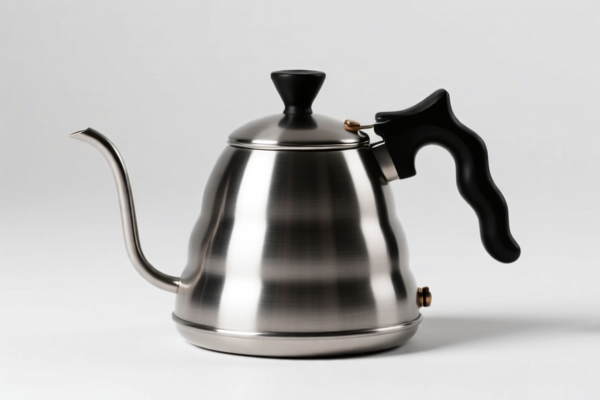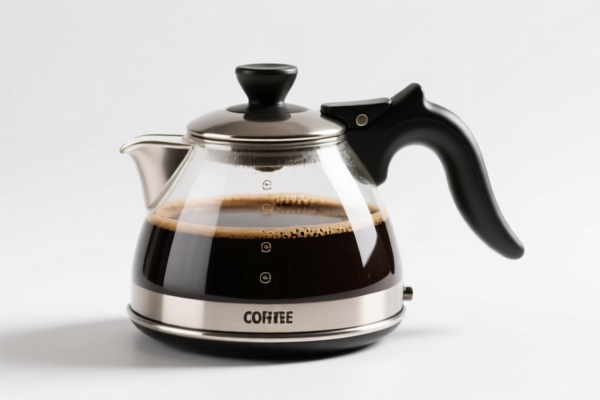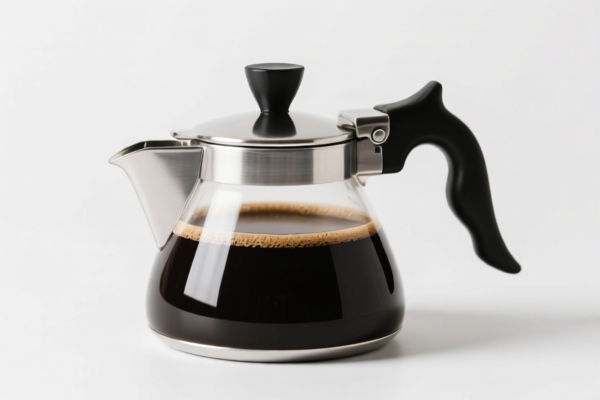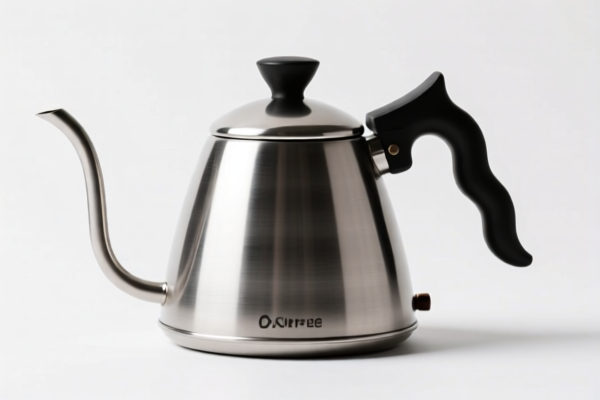| HS Code | Official Doc | Tariff Rate | Origin | Destination | Effective Date |
|---|---|---|---|---|---|
| 8516710020 | Doc | 41.2% | CN | US | 2025-05-12 |
| 8545904000 | Doc | 55.0% | CN | US | 2025-05-12 |
| 3926909989 | Doc | 42.8% | CN | US | 2025-05-12 |
| 7321811000 | Doc | 57.9% | CN | US | 2025-05-12 |
| 8311900000 | Doc | 55.0% | CN | US | 2025-05-12 |




Okay, let's break down the HS codes and tax implications for your "COFFEE HEATER" declaration. Here's a structured analysis to help you understand the classification and potential costs.
Understanding HS Codes: A Quick Primer
HS codes (Harmonized System codes) are internationally standardized codes used to classify traded products. The first 6 digits are generally consistent worldwide, while additional digits can vary by country. Here's how to interpret them:
- Chapter (First 2 digits): Broad category of the product.
- Heading (First 4 digits): More specific classification within the chapter.
- Subheading (First 6 digits): Even more detailed classification.
- Additional Digits: Country-specific for tariff and statistical purposes.
Analysis of Your HS Codes
Here's a breakdown of each code you provided, along with potential implications:
1. 8516.71.00.20 – Automatic drip and pump type Coffee makers
- Chapter 85: Electrical machinery and equipment.
- Heading 8516: Electrical instantaneous or storage water heaters and immersion heaters; electric space heating apparatus. This indicates the product is an electrically powered heating appliance.
- Subheading 8516.71: Other electrothermic appliances: Coffee or tea makers. Specifically, automatic drip and pump type coffee makers.
- Tax:
- Basic Duty: 3.7%
- Additional Duty: 7.5%
- Total Tax: 41.2%
- Important Note: The additional duty increases to 30% after April 2, 2025.
2. 8545.90.40.00 – Other articles of graphite or other carbon
- Chapter 85: Electrical machinery and equipment.
- Heading 8545: Carbon electrodes, carbon brushes, lamp carbons, battery carbons and other articles of graphite or other carbon. This suggests components made of carbon materials.
- Subheading 8545.90: Other: Other. This is a broad category, so ensure the specific carbon article fits here.
- Tax:
- Basic Duty: 0.0%
- Additional Duty: 25.0%
- Total Tax: 55.0%
- Important Note: The additional duty increases to 30% after April 2, 2025.
3. 3926.90.99.89 – Other articles of plastics
- Chapter 39: Plastics and articles thereof.
- Heading 3926: Other articles of plastics. This likely covers plastic components of the coffee heater (e.g., housing, water reservoir).
- Subheading 3926.90: Other: Other. This is a very broad category.
- Tax:
- Basic Duty: 5.3%
- Additional Duty: 7.5%
- Total Tax: 42.8%
- Important Note: The additional duty increases to 30% after April 2, 2025.
4. 7321.81.10.00 – Portable gas stoves
- Chapter 73: Iron or steel articles.
- Heading 7321: Stoves, ranges, grates, cookers. This code is for gas stoves.
- Subheading 7321.81: Other appliances: For gas fuel or for both gas and other fuels: Portable.
- Tax:
- Basic Duty: 2.9%
- Additional Duty: 0.0%
- Total Tax: 57.9%
- Important Note: The additional duty increases to 30% after April 2, 2025 for steel and aluminum products.
5. 8311.90.00.00 – Other wire products
- Chapter 83: Base metal articles.
- Heading 8311: Wire, rods, tubes, plates, electrodes. This code is for wire products.
- Subheading 8311.90: Other.
- Tax:
- Basic Duty: 0.0%
- Additional Duty: 25.0%
- Total Tax: 55.0%
- Important Note: The additional duty increases to 30% after April 2, 2025.
Recommendations & Key Considerations:
- Material Composition: The final classification depends heavily on the materials used in your coffee heater. If it's primarily plastic, 3926.90.99.89 will be relevant. If it's steel, 7321.81.10.00.
- Functionality: Is it solely electric, or does it have gas components?
- Component Breakdown: If you're importing components separately, each component will need its own HS code.
- April 2, 2025 Duty Changes: Be aware of the significant duty increases coming into effect. Factor this into your cost calculations.
- Certification: Depending on the destination country, you may need certifications (e.g., safety standards, electrical compliance).
- Invoice Details: Ensure your commercial invoice clearly lists the materials, components, and functionality of the coffee heater.
- Consult a Local Broker: I highly recommend consulting with a customs broker in your destination country. They can provide definitive classification advice and ensure compliance with local regulations.
Disclaimer: I am an AI assistant and cannot provide legally binding customs advice. This information is for general guidance only.
Customer Reviews
This page was a lifesaver for understanding the HS code for my coffee heater. The explanation of the 8516710020 code was clear and accurate.
The information on the additional duties after April 2025 was a game-changer for my cost calculations. Thanks for the heads-up!
The breakdown of HS code 8311900000 for wire products was spot on. I'm glad I found this resource before shipping my components.
The page has a lot of useful info, but I found the images a bit unclear. Still, the HS code for 7321811000 helped me with my gas stove classification.
I was confused about the tariff rates, but the explanation for 8545904000 was very detailed and easy to understand. Great job!